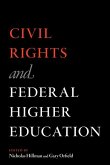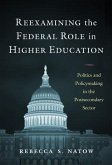The second edition of this work provides an overview of the history of judicial disqualification. It substantially revises and expands on the first edition, and analyzes the case law, both with a focus on substantive disqualification, and procedural requirements. Featured are updated cases of applicable statutory law, a revised organizational structure and new material. The ethical dimension is governed by Cannon 3C of the Code of Conduct for U.S. Judges. On the other hand, the procedural dimension is governed by four sections in Title 28 of the United States Code (USC/U.S. Code). Related products: U.S. Code series can be found here: https: //bookstore.gpo.gov/catalog/united-states-code Ethics & Code of Conduct collection is available here: https: //bookstore.gpo.gov/catalog/ethics-code-conduct More products produced by the Judicial Branch & Federal Courts can be found here: https: //bookstore.gpo.gov/agency/judicial-branch-federal-courts
Bitte wählen Sie Ihr Anliegen aus.
Rechnungen
Retourenschein anfordern
Bestellstatus
Storno

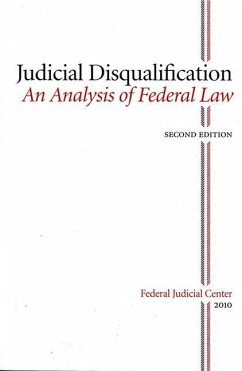
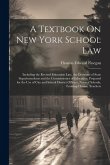
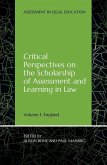


![The School Law of the Province of Quebec [microform]: With Notes of Numerous Judicial Decisions Thereon and the Regulations of the Protestant Committe The School Law of the Province of Quebec [microform]: With Notes of Numerous Judicial Decisions Thereon and the Regulations of the Protestant Committe](https://bilder.buecher.de/produkte/65/65560/65560579m.jpg)
